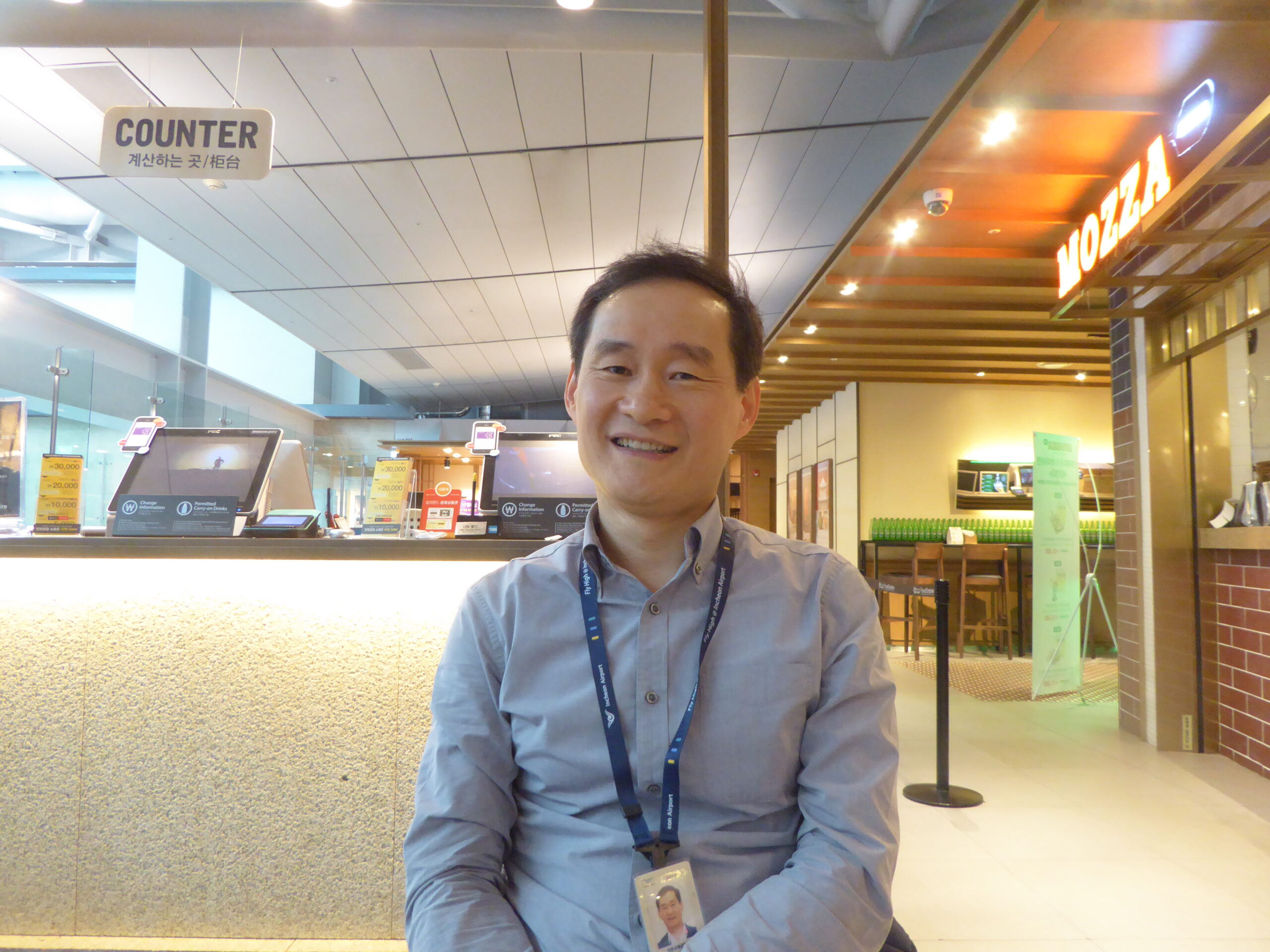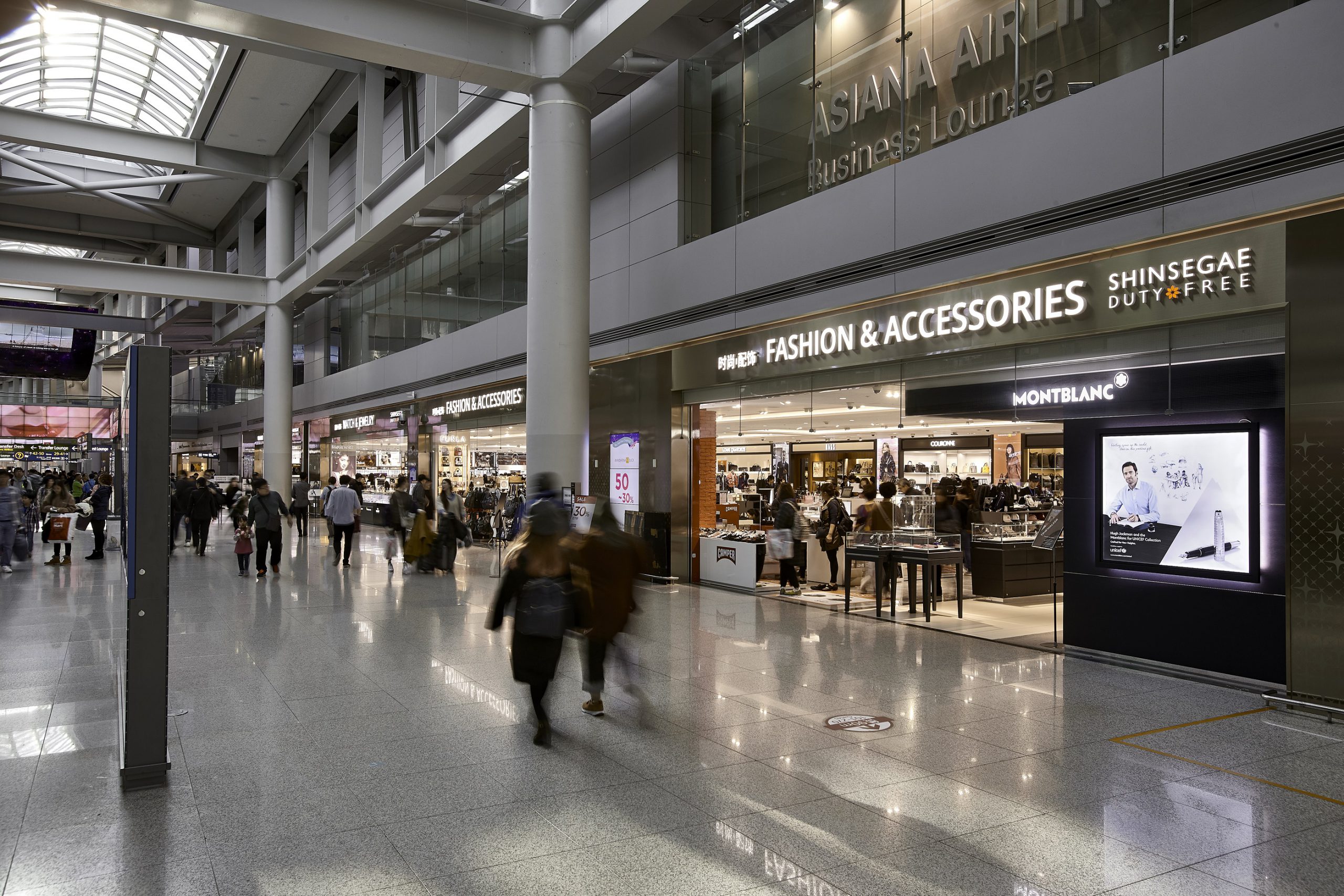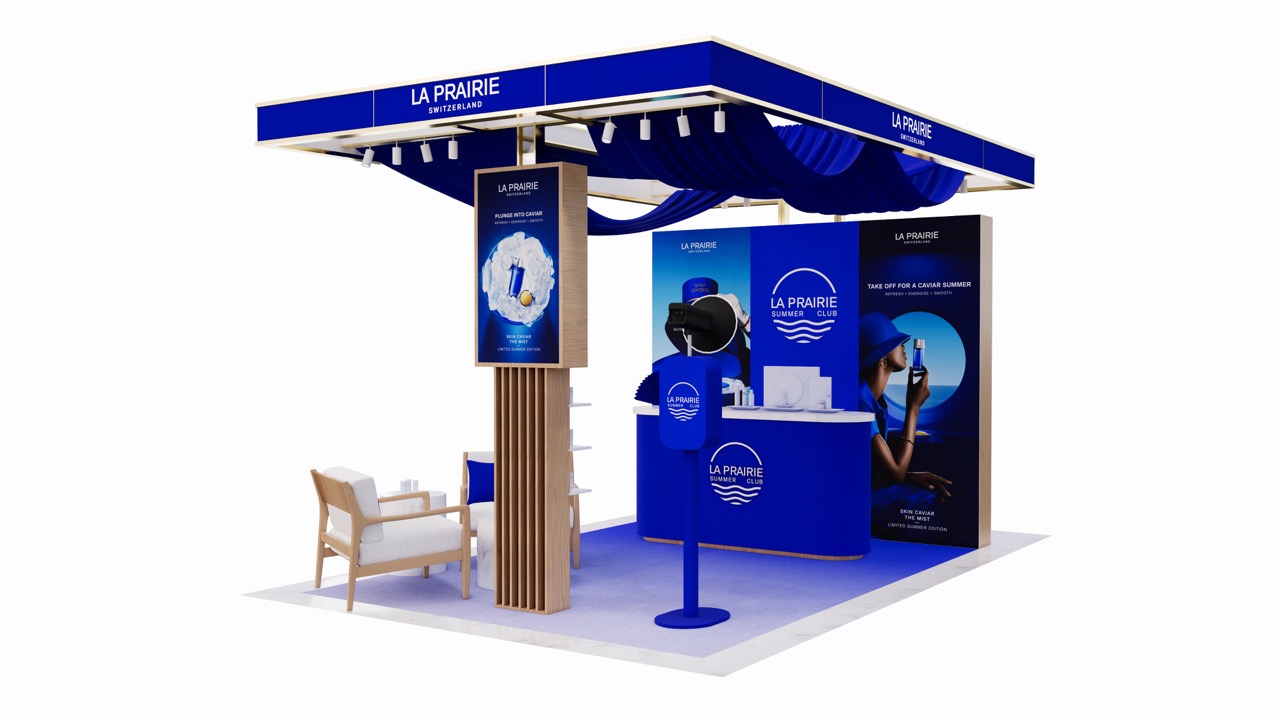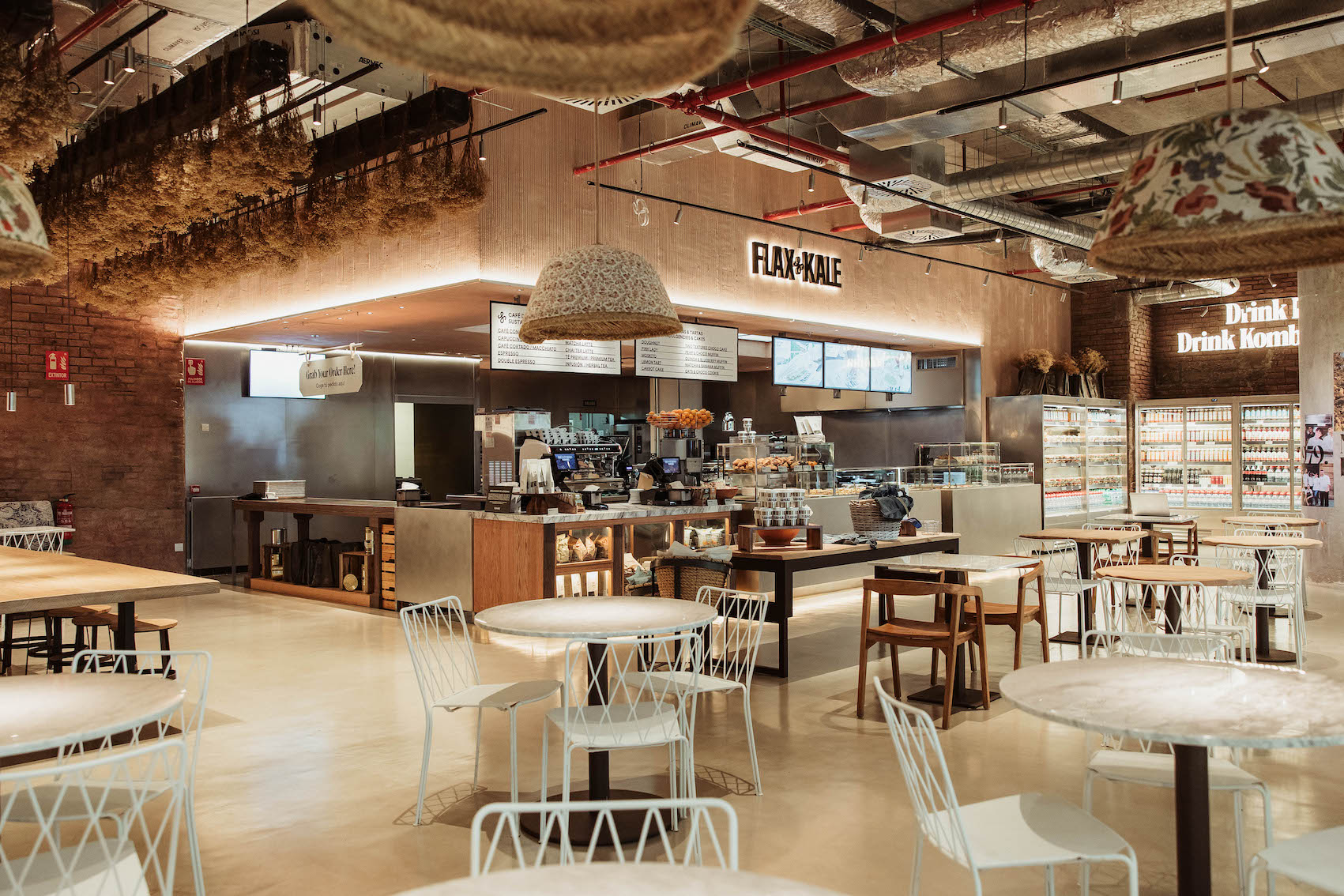SOUTH KOREA. With bids due today in the latest tender for Incheon International Airport’s Terminal 1 duty free concession, the airport company is weighing up its options if it again fails to attract sufficient market interest, writes The Moodie Davitt Report Senior Retail and Commercial Analyst Min Yong Jung*.
These include further postponement of the process, consolidation of categories under one licence and other measures to ease the potential financial burden on partners, Incheon International Airport Corporation (IIAC) Head of Concessions Development Group Bum-ho Kim told The Moodie Davitt Report.
Kim was reappointed to the role in September after spending much of the last three years in HR with the company. He is a widely known and well-regarded figure in the global travel retail industry having served more than ten years in IIAC’s Concession Development Group previously.
As reported, IIAC is pressing ahead with a third attempt to tender many of its T1 contracts. Last month, a second tender for licences DF2, DF3, DF4, DF6, DF8, DF9 failed to receive more than the two bids per store required under South Korea’s Public Procurement Law to make the tender valid. IIAC received one bid for each DF3 (Lotte Duty Free), DF4 (Lotte Duty Free), DF6 (Shinsegae Duty Free), DF8 (Grand Duty Free) and DF9 (Grand Duty Free). The Shilla Duty Free and Hyundai Duty Free refrained from participating.
The Moodie Davitt Report sat down with Bum-ho Kim ahead of today’s deadline to discuss the latest tender and IIAC’s options.
The Moodie Davitt Report: After the latest retender for duty free in Terminal 1 failed to attract enough bids last month, what made you decide to call a further tender a day later?
Bum-ho Kim: There are only a few operators that have shown interest in bidding for concessions and the negative impact from COVID-19 is unbearable for numerous companies who have decided to exit the business. We decided to retender immediately to save time in designating new tenants for our stores at Incheon.
Under the government’s Public Procurement Law 3 failed public tenders are necessary in order for a government entity to enter into direct negotiations with a single operator. In the current climate and with the last failed tender we are unsure of retailers’ appetite to take on the business despite the allure of operating under improved contract terms.
We are still in the process of reviewing and deciding on our next steps forward but should the third tender fail we may consider entering in direct negotiations with single operators who submit valid bids by 13 October. If direct negotiations prove to be unsuccessful then we may postpone the tender to a later date.
In this third tender, do you expect more bidders?
We are unsure at present. Despite a ten-year contract offer and favourable clauses to protect the downside, market sentiment is extremely low. We understand that retailers are choosing to err on the side of caution, given the current market climate and uncertainty about what the future holds.

What are options under consideration by IIAC given the uncertainty in attracting valid tenders by the deadline?
IIAC is considering numerous options should the third tender fail. One, we may postpone the tender to a late date with a lower financial proposal.
Two, we may consolidate less competitive concessions with competitive concessions to boost appeal.
Three, we are discussing with Korea Customs Service (KCS) whether to allow duplicate concession operations (Note: KCS prohibits existing concession tender operators to place bids for the same category – e.g. Shinsegae Duty Free currently operates DF1 perfume & cosmetics which eliminates the opportunity for Shinsegae Duty Free to bid for DF2; Entas Duty Free operates DF10 all categories for SME and can’t bid for DF8 or DF9 and Hyundai Duty Free – which was awarded DF7 in the first round of the concession tender – is not allowed to bid for DF6 fashion and accessories).
Four, we may extend the period where new tenants can pay a commission from sales – different rates provided by category – instead of MAG.
The market has consolidated for larger companies with just the main retailers left but the real problem seems to be with SMEs (small and medium sized enterprises). What candidates can you attract now that companies such as SM Duty Free have decided to exit the market?
While larger companies have some liquidity and have benefited from the government’s deregulatory actions such as selling unsold inventory in Korea, the smaller operators have found it difficult to benefit from such measures and are hit hard by COVID-19.
IIAC has focused on prioritising relief measures for smaller companies and has since expanded the relief programme for larger companies such as Entas Duty Free and Grand Duty Free who would have missed out on the aid given their stature as middle sized companies.
With most SMEs now non-participants those are the two who we think are still intent on continuing their duty free business. Year-to-date IIAC has provided more than KRW600 billion (US$552 million) in rent relief and the financial burden is expected to hit IIAC this year as we are projected to record the first negative profit in the 20-year history of the airport.

How do you reflect on the changes in the market since you were previously in charge of IIAC’s Concession Development Group?
COVID-19 has brought about a risk to the airport duty free market that threatens the entire ecosystem. A walk out on the floor in the airport shows how serious this is; the absence of traffic means the revenue opportunity is depleted.
While several companies have announced their exit – under pressure from COVID-19 – IIAC must work as a responsible authority to help the industry past the current crisis. The downtown duty free market has recorded better performance aided by daigou operators but this is not the natural way of the travel retail market that caters to travellers.
What are your expectations for airport duty free and the expected recovery point from COVID-19?
We expect it will be 2023 or even 2024 before we recover back to 2019 levels. Airport duty free, which relies on international travel, is hardest hit and we expect next year to be similar to this year unless there is a mass supply of COVID-19 vaccine.
*Note: Korean national Min Yong Jung, formerly based in London and now in Seoul, is Senior Retail and Commercial Analyst at The Moodie Davitt Report. His appointment in June 2019 was the first of its kind in travel retail media. It marked the creation of the Moodie Davitt Business Intelligence Unit, a new division designed to provide a previously unseen level of research and analysis for the travel retail channel.
Do you have research needs related to the Korean and Asia Pacific travel retail and luxury markets? Min Yong Jung can be contacted at minyong@moodiedavittreport.com
NOTE TO AIRPORT OPERATORS: The Moodie Davitt Report is the industry’s most popular channel for launching commercial proposals and for publishing the results. If you wish to promote an Expression of Interest, Request for Proposals or full tender process for any sector of airport revenues, simply e-mail Martin Moodie at Martin@MoodieDavittReport.com.
We have a variety of options that will ensure you reach the widest, most high-quality concessionaire/retailer/operator base in the industry – globally and immediately.
Similarly The Moodie Davitt Report is the only international business intelligence service and industry media to cover all airport consumer services, revenue-generating and otherwise. We embrace all airport non-aeronautical revenues, including duty free and other retail, food & beverage, property, passenger lounges, hotels, car parking, hospital and other medical facilities, the Internet, advertising and related revenue streams.
Please send relevant material, including images, to Martin Moodie at Martin@MoodieDavittReport.com for instant, quality global coverage.













